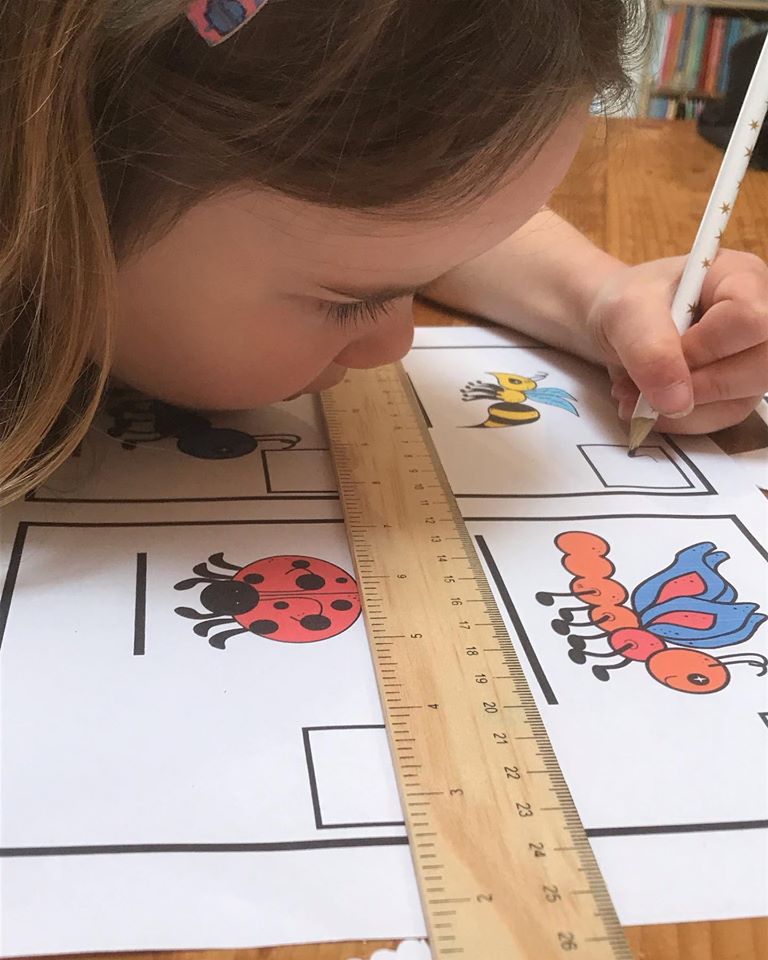This is a sponsored post
GCSEs represent a big change in a 16-year old’s life. For many, these exams represent an end to their school life and the start of a new path to learning, one more step closer to attaining the career they want. Given how times are changing as well as education content and exam boards, many parents may find GCSEs a complex topic to get their heads around. And for good reason, most of the students think so too! But in order to give your child the most support, you have to understand what your child is going through and what to expect. Want to know more?

Here is a parent’s guide to GCSEs.
GCSEs tend to take place during the end of year 11, but teaching of the content can begin 2-3 years prior, starting as early as year 9. Teenagers tend to choose their exam subjects at the end of year 8 in which a letter is usually sent out to the parents to inform them about the changes that will be made. Schools often hold evening sessions where parents are welcome to go into the school to discuss queries with the teachers directly.
Grades.
The biggest change to remember is the grading system. GCSEs are no longer graded through the ABC system and instead use a numerical form ranging 1-9. The highest three grades are 9,8,7 which are equivalent to A* and A. The new addition of 9 being equivalent to the grade A** has created a new level of achievement for students.
Exam boards and dates.
An exam board is the organisation that is set for creating, marking and grading students on an exam. Schools in the UK use multiple exam boards, some of the most popular ones being AQA, OCR, Edexcel, WJEC and CCEA. If you are interested in finding out the dates and which exam boards your child will be using per exam, don’t hesitate to contact their school as they will have all the information.

Revision should start from January onwards at the latest. One of the best methods is to support your child at home from the start of when the content is taught so that revision doesn’t pile up at the end of year 11 when times can get tense. If you don’t feel comfortable tutoring your child, consider an online tutor, similar to the ones offered at SSAT Tuition.
Consistency makes the biggest difference. Help your child make a timetable. Your child will need a lot of support through their exam period, so small efforts of helping them eat well, study in a quiet area and having someone to talk to will make this time easier for them. As a parent, you’ll find that the studies and exams are the first thing your child will be doing independently, so easing the situation will be most beneficial for them.
